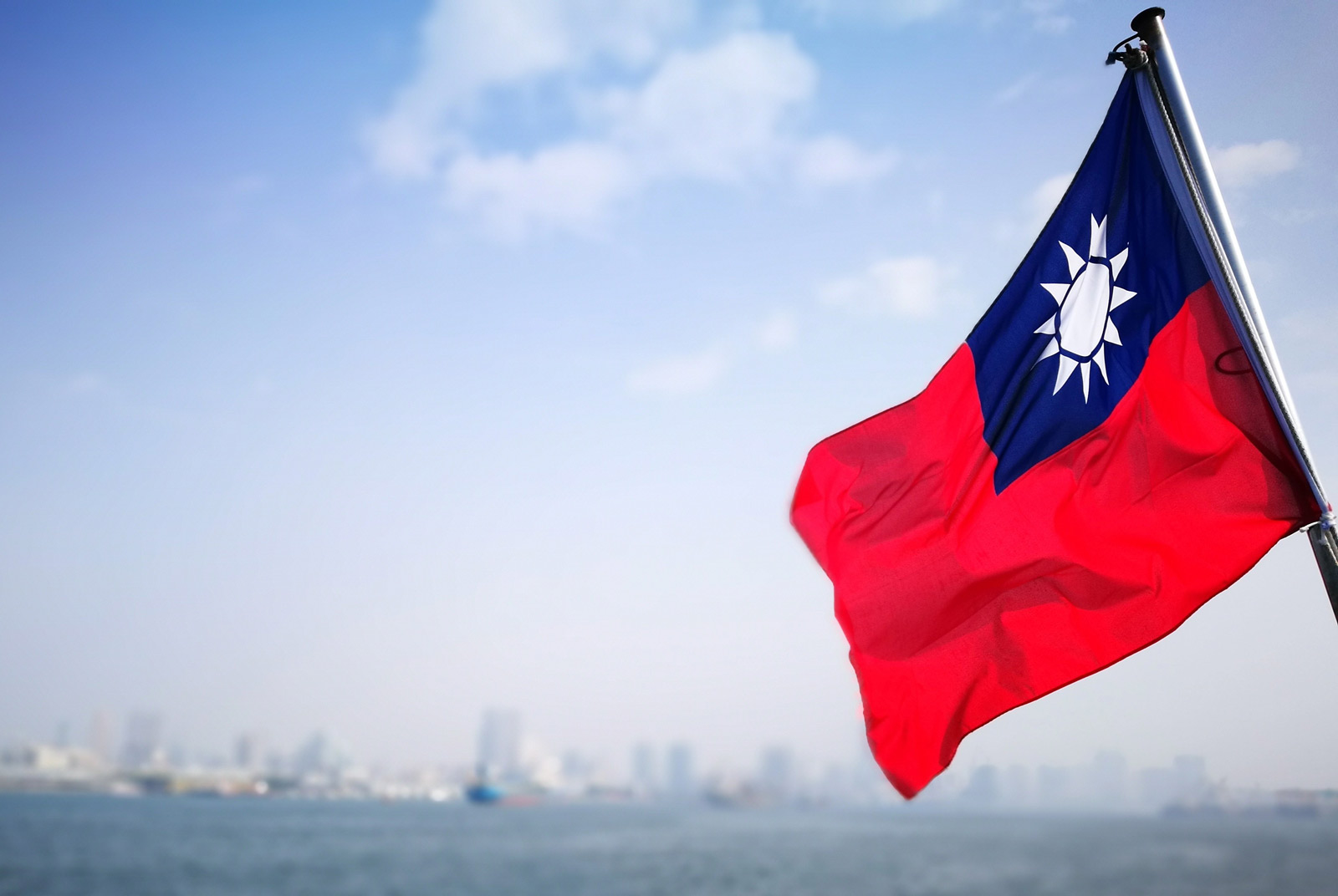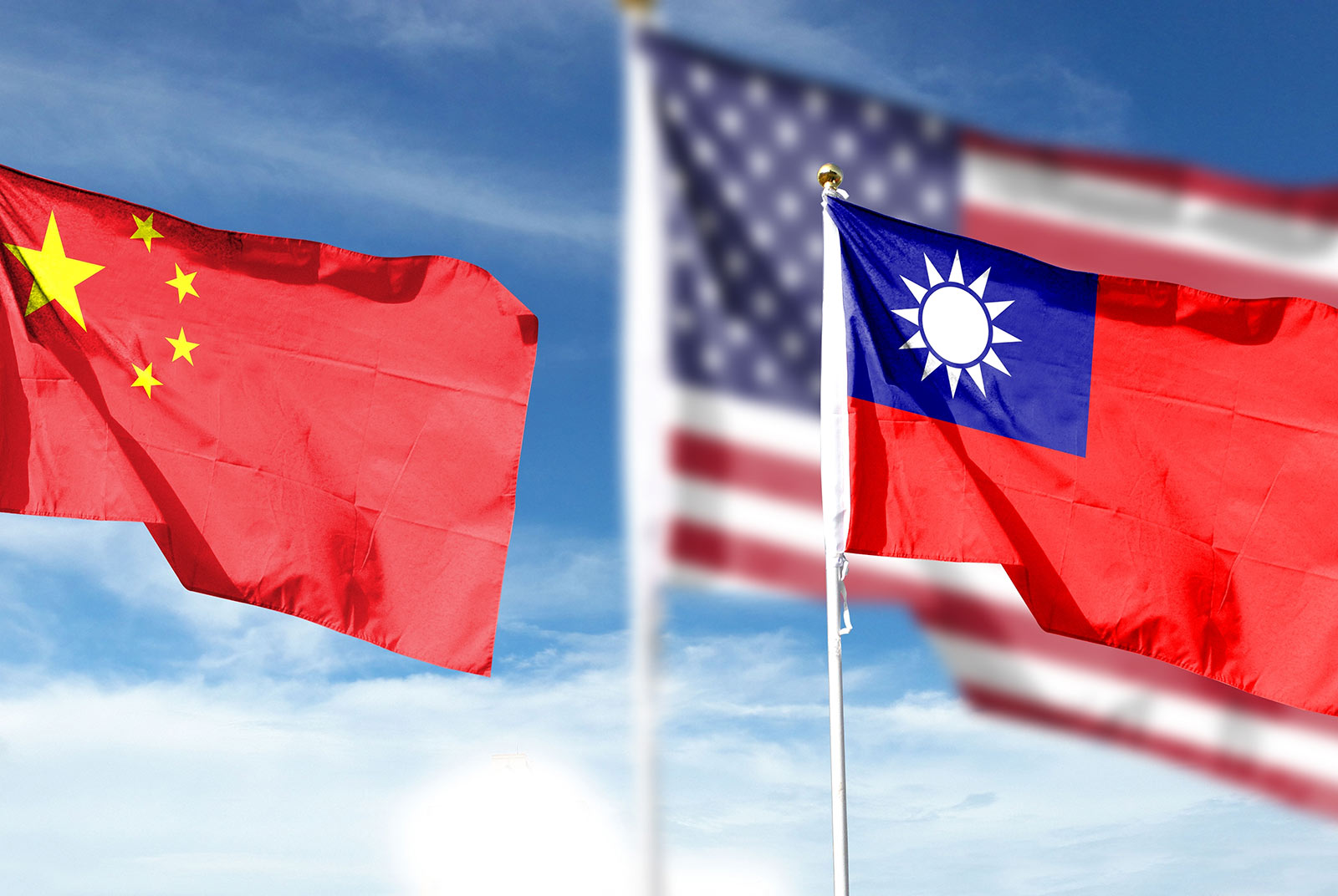Taiwan’s road to CPTPP membership

Source:shutterstock
In this op-ed, author Tatiana Van den Haute's analysis delves into Taiwan's pursuit of CPTPP membership, examining its implications and challenges, particularly in the face of China's opposition. The article emphasizes Taiwan's need to strengthen its international standing and strategic partnerships.
Views
Taiwan’s road to CPTPP membership
By Tatiana Van den Hauteweb only
Overview & Background
There is significant debate surrounding the question of whether Taiwan will be granted access to the Comprehensive and Progressive Agreement for Trans-Pacific Partnership (CPTPP). This decision is viewed as critical due to its potential impact on the future of Taiwanese foreign and economic relations, the bloc itself, inter-member relations, and the geoeconomic and geopolitical situation in the Indo-Pacific region.
The CPTPP, which currently has 11 members, originated from the TPP, a twelve-country trade agreement that was finalized in 2015. The process of concluding a trans-Pacific trading framework eventually led to the CPTPP. As of now, the CPTPP comprises Canada, Australia, Chile, Japan, Malaysia, Mexico, New Zealand, Peru, Singapore, Vietnam, Brunei and the UK (since July 16, 2023). The trading bloc’s main provisions cover trade and investment in a comprehensive manner, including market-access commitments in goods, services, investment, labor mobility, and government procurement. The agreement also establishes clear rules aimed at creating a transparent and fair business environment in CPTPP markets.
Analyzing the current chances of Taiwan’s accession to the CPTPP
Taiwan formally submitted its request to join the CPTPP on September 22, 2021, a week after the PRC submitted its own application. According to Article 5 of the CPTPP, “any State or separate customs territory may accede to this Agreement, subject to such terms and conditions as may be agreed between the Parties and that State or separate customs territory.” It is notable that the use of “separate customs territory” makes the clause inclusive of Taiwan, which is not recognized as a state by any members of the CPTPP. The ROC managed its accession to the WTO in 2002 under similar premises.
In this case, the factors that determine the possibility of Taiwan’s successful accession are manifold. To start, the road to accession is lengthy, and requires unanimous support from all current members of the CPTPP. In order to join, any applicant must, as Australia puts it, “demonstrate an ability and willingness to meet the agreement’s high standards” - meaning that it must ensure that its domestic economic policy is in line with the decrees of the trade pact. In this area, Taiwan has been competent in ensuring that there would be no discrepancies between its current domestic laws and regulations and CPTPP obligations - using a so-called legal “gap analysis” where it identified 12 laws containing ‘gaps’ for the Legislative Yuan to work on amending.
The CPTPP also requests applicants to informally engage with its members on a bilateral level. All in all, Taiwan is in very good standing with the existing eleven members, seeing as they collectively account for more than one-fifth of Taiwan’s total exports. Among the CPTPP members, Japan, Singapore, Malaysia and Vietnam are among Taiwan's top 10 trading partners. To the trading pact itself, Taiwan can bring an annual import of around 286 billion US dollars, a free, open, democratic and market-oriented system, as well as the highest participation in global value chains among current CPTPP members - meaning it is compatible with the bloc’s values and goals.
However, China’s bid to join is a major roadblock to the Taiwanese accession, especially since the PRC’s foreign ministry expressed explicit opposition to the ROC’s admission into the bloc. Furthermore, China’s economy is much larger than that of Taiwan’s, and its accession may even serve as an impetus for further liberalization in its markets, making the agreement potentially able to moderate some of China’s more protectionist economic policies. There are several scenarios that could play out here: either both the PRC and ROC are accepted into the bloc (which is rather unlikely), one is accepted and the other rejected, or both are rejected due to geopolitical considerations.
Despite China facing a fair share of issues that may hinder its acceptance, such as border disputes with member states, past use of economic coercion against Canada and Australia, and human rights abuse records, some Southeast Asian member nations are resisting Taiwan's bid to join the CPTPP due to concerns that supporting Taiwan's accession could complicate their relations with China.
Recommended Measures Going Forward
In order for Taiwan to be accepted into the bloc, it must garner support from every member state. So far, Japan has immediately expressed that it “sees the application from Taiwan, which upholds democratic values and the rule of law, as a positive development,” while the UK, Australia and Canada have voiced their support, albeit much more hesitantly. Taiwan must continue lobbying and appealing for support from the CPTPP’s larger economies in hopes of gaining sufficient ground to pressure smaller economies into acceding, as well as actively engage in informal bilateral talks with CPTPP members to express its interest in joining the agreement.
That being said, a potential avenue for compromise could be found if the CPTPP decides to start assessing applications for accession in batches, rather than individually, given the increased global interest in joining the group. Beyond the gains in efficiency, this would also allow the bloc to accept Taiwan purely on its economic merits and decrease chances of geopolitical or economic complications with the PRC. However, Taiwan must continue demonstrating utmost CPTPP readiness in order to ensure that the bloc views negotiation with Taipei as extremely accessible.
In addition, Taiwan can engage in public outreach and build support for its CPTPP accession bid within its own population, which would demonstrate broad public backing for the trade agreement and can provide an additional incentive for CPTPP members to consider Taiwan's application.
Expanding Taiwan’s International Discourse Power
Despite the question of Taiwan’s accession becoming quite complex due to the PRC’s bid, Taipei must keep the momentum up when it comes to expanding its international standing and discourse power, especially given the seemingly ever-increasing cross-strait tensions. Its participation in the WTO and APEC are strong starting spaces, seeing as they give Taiwan standing in an international committee setting and a neutral space for Taipei and Beijing to meet and negotiate.
In order to keep enhancing said international standing, Taipei must focus on formalizing its existing economic and political ties into trade agreements - in essence leveraging its known assets, such as its strong technology and manufacturing sectors - to pursue free trade agreements. This would demonstrate its ability to engage in economic partnerships on the global stage.
A good start has been made in the recent negotiations for an Enhanced Trade Partnership with the UK, whereby Taiwan can take advantage of the latter’s attempts to undo part of the massive trade losses wrought by Brexit. For instance, Taiwan digital minister Audrey Tang’s June visit to London is a rare, high-level ministerial trip which is demonstrative of warming economic relations as well as the importance of Taiwan’s global leadership in science and technology.
In this vein, Taiwan can utilize recent geopolitical developments, such as sensitivities brought to light by Russia’s invasion of Ukraine (where the EU has actively condemned Chinese support), to garner support and explore opportunities for increased cooperation with European countries. Already, Baltic states like Lithuania have been willing to take on massive economic pushback from China in order to diplomatically and economically side with Taiwan.
Given Taiwan’s shared core values with the EU and other Western democracies, continued cooperation in supply chain resiliency, investment, cybersecurity, and technological innovation is the way forward. Along with the EU’s China-targeted ‘de-risking’ strategy, this is an avenue for Taiwan to not only reinforce its global narrative, but also work towards bilateral relations with partners in the EU.
Recent negotiations have become all the more possible given Canada’s and the US’ encouraging steps to maintain bilateral relations with the ROC without engaging in diplomatic relations or any actions of a nature that would flagrantly offend the PRC due to their potential legitimizing of Taiwan’s separate statehood. In order to further internationalize cross-strait issues, Taiwan should conduct outreach independently or in partnership with the US and Indo-Pacific states (such as Japan, with which it already has strong ties) and the Global South in order to counteract PRC pressure.
Overall, Taiwan’s efforts to expand its international standing and cooperation with various countries involve strategic engagement, seeking opportunities for trade agreements, and capitalizing on geopolitical developments. Closely monitoring potential partners’ ties with China is also crucial to understanding the extent to which Taiwan can expect support and increase its own global discourse power. Given the complex geopolitical considerations laid out above, it remains to be seen whether the CPTPP can realistically provide the next step for Taiwan to legitimize and be recognized for its important role on the global stage. This step would not only offer great trade and diplomatic benefits to Taiwan, but also signify the CPTPP and its member states’ warm and sympathetic attitude toward the ROC.
(This piece reflects the author's opinion, and does not represent the opinion of CommonWealth Magazine.)
About the author
Tatiana Van den Haute
Tatiana Van den Haute is a Policy Analyst at Safe Spaces, a consulting firm focused on Taiwan’s new relationships in time of strategic competition. She has a bachelor’s degree from Sciences Po Paris, where she focused on Europe-Asia relations. She can be reached at [email protected].
Have you read?
- Landmark U.S.-Taiwan Trade Initiative will lead to broader agreements
- US-Taiwan trade talks and the need for speed
- China vs. Taiwan: The battle for diplomatic allies
Uploaded by Ian Huang






